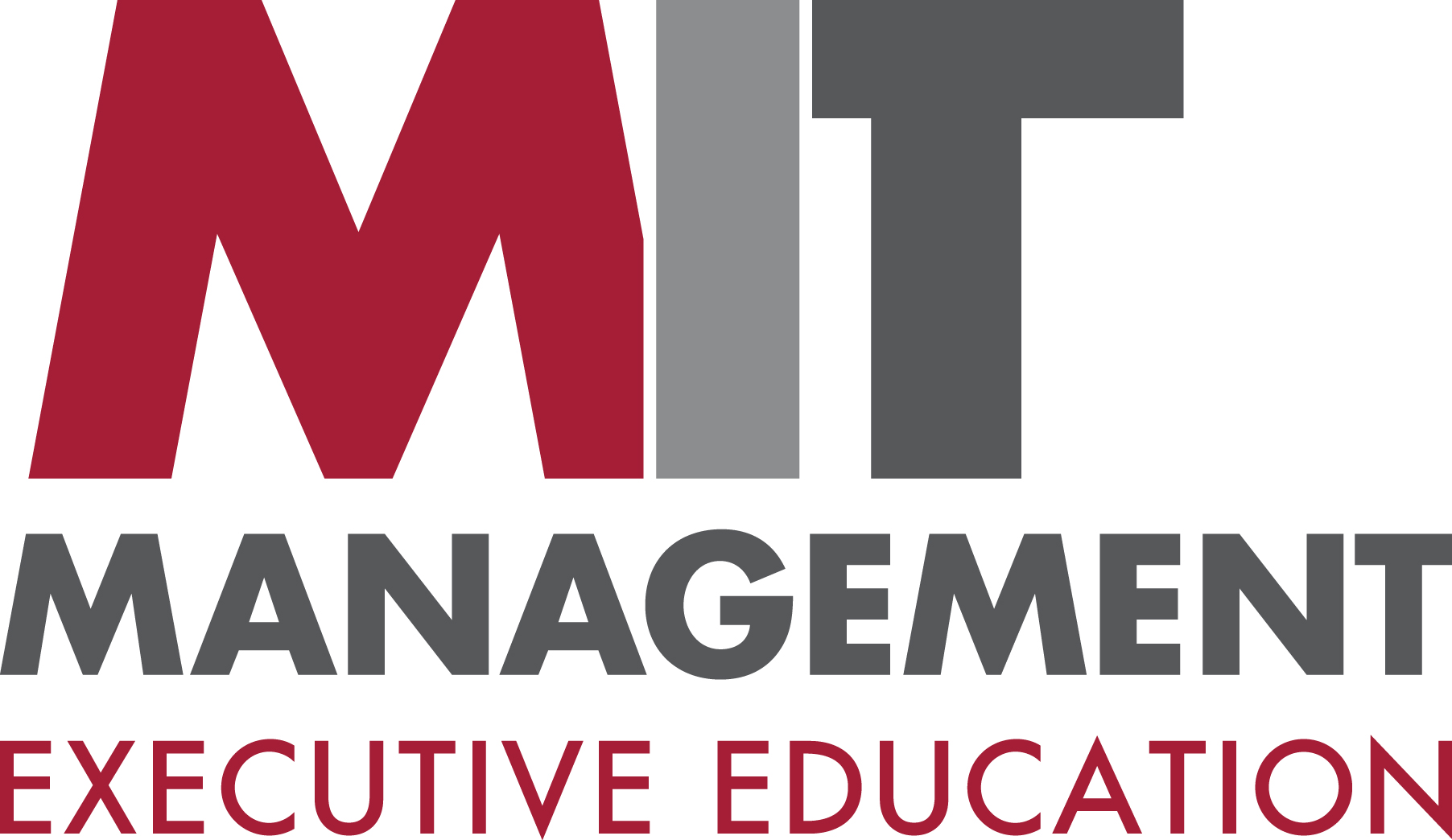- Behaviour
Negotiating with Emotional Intelligence
Applying EI in an area where perhaps we would least expect it
Arbitrage, as Jeffrey Sanchez-Burks explains in the video below, is capitalizing on differences, and as he makes clear “…anytime you are negotiating with somebody and they have different priorities you should smile on the inside and be extremely happy; for we strike deals best when we have differences of interest..." This counter-intuitive concept underlines the critical importance of using emotional intelligence in any negotiation.
Emotional intelligence is regularly cited as an essential characteristic for a 21st century leader, but for the skeptical manager it’s an elusive concept, hard to associate with specific tangible outcomes. A new program at Michigan Ross ‘Negotiating for Positive Results’ rebuts the skeptics and offers an eminently practical application of emotional intelligence in an area where perhaps we would least expect it.
From the Treaty of Versailles to the interminable WTO talks, and in too many corporate dealings, negotiation is assumed to be about winners and losers. It is a place where people take fixed positions, hide the vulnerable parts of themselves and act ‘rationally’ to win. Negotiation is certainly not seen as a place for emotions.
But, according to the co-directors of the Michigan Ross program, Professor Shirli Kopelman and Professor Jeffrey Sanchez-Burks, this is wrong; negotiating should not be a game of winners and losers — it should focus on delivering value for all parties. Whether you are leading a high-stakes business transaction, informally negotiating ideas and strategies, or resolving an interpersonal dispute, achieving the right desired outcomes for everyone requires the skill to navigate cross-cultural dynamics, and manage emotional factors that can derail otherwise economically viable deals.
The ability to monitor one's own and other people's emotions and to use emotional information to guide behaviour is essential in any leadership context. In negotiations, in particular, the ability to recognize emotions in other people is a key component; key in that this recognition ability can reveal critical information necessary to allow the informed negotiator to respond appropriately, quickly and creatively.
Emotional cues are often subtle, particularly when the social context makes them difficult to convey explicitly. Effective negotiation depends on recognizing and managing non-verbal cues and personal and social biases in order to develop trust – trust being critical to communicating with even the most difficult people.
Effective negotiation also depends on being ‘genuine’ – being ‘yourself’ as opposed to playing a role as corporate negotiator – as Shirli Kopelman stresses in her new book, Negotiating Genuinely: Being Yourself in Business. Negotiation, the book suggests, calls on us to compete and yet to cooperate, and to be strategic while also being real. She argues that this duality is both possible and powerful and that we can reconcile the disparate hats we wear in everyday life with families, friends, and colleagues bringing one "integral hat" to the negotiation table.
The new program at Michigan Ross is based on the premise that the application of emotional intelligence can drive positive outcomes in the area of negotiation, be it negotiating over decision-making or negotiating to resolve conflicts, and it can do this by enabling us to ‘be creative’ in a negotiation.
In this short video Professor Jeffrey Sanchez-Burks provides a framework to develop creative solutions in difficult circumstances.
MIT Sloan is uniquely positioned at the intersection of technology and business practice, and participants in our programs gain access to MIT’s distinctive blend of intellectual capital and practical, hands-on learning.
ARTICLES YOU MIGHT LIKE
BOOK REVIEW
An authoritative antidote to executive stress, overwhelm, and burnout
DEVELOPING LEADERS QUARTERLY MAGAZINE AND WEEKLY BRIEFING EMAILS


































